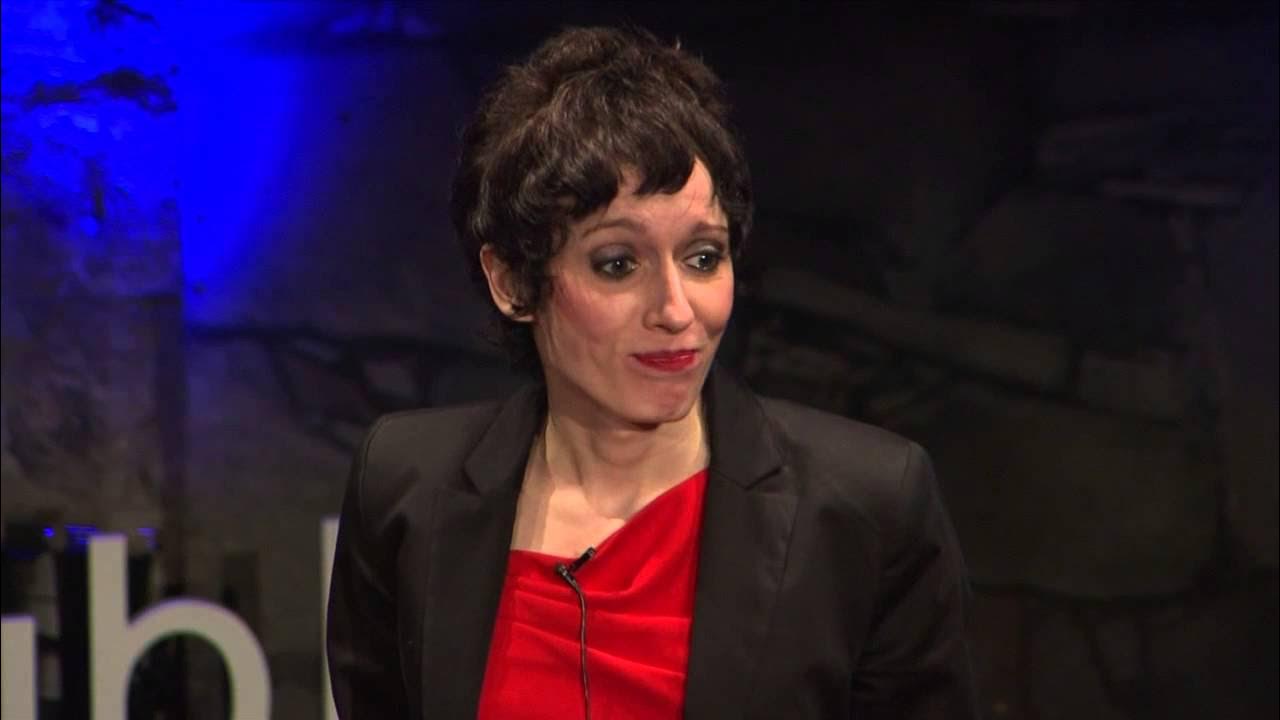It's Time to Focus on Health Prevention and Promotion | Derek Yach | TEDxMonteCarlo
Summary
TLDRIn this thought-provoking talk, the speaker emphasizes the urgent need to prioritize disease prevention and health promotion over treatment in healthcare. Using the dilemma of vaccination workers facing a critical emergency as a backdrop, the speaker argues that current healthcare budgets overwhelmingly focus on treatment, leading to preventable health crises. By advocating for a societal shift towards preventive measures and accountability within the private sector, the speaker envisions a future where health promotion is central to both policy and business practices. This shift is portrayed as not only essential for public health but also for economic sustainability.
Takeaways
- 😀 Health prevention and promotion are currently underfunded, with over 95% of healthcare budgets allocated to treatment.
- 🩺 Immediate health concerns often overshadow long-term preventive measures, leading to a cycle of neglect in public health.
- 💡 Human behavior tends to favor short-term rewards over long-term health benefits, making rational health decisions difficult.
- 🌍 Economic despair arises from inadequate health promotion, impacting both society and families on multiple levels.
- 📜 Historical advancements in health knowledge have not translated into effective preventive strategies in modern healthcare.
- 🚑 There is an urgent need to rethink our approach to health, making prevention a central focus in healthcare systems.
- 📈 Innovative technologies and behavioral economics can play a significant role in promoting healthier lifestyle choices.
- 🔍 Transparency and accountability from companies and governments are essential for improving health outcomes and trust.
- 🥗 Corporations should prioritize health in their business models, including promoting healthier food options and reducing harmful ingredients.
- 🤝 A collaborative approach among individuals, governments, and the private sector is necessary to create a culture of health promotion.
Q & A
What is the main dilemma faced by the vaccination workers in the video?
-The vaccination workers must choose between treating a car accident victim with a fractured femur who is bleeding to death or continuing to the remote village to vaccinate children, potentially allowing some to become ill.
What does the speaker suggest is the current focus of health budgets?
-The speaker notes that over 95% of health budgets are focused on treatment and care, with less than 5% allocated to health prevention and promotion.
What historical perspective does the speaker reference regarding health promotion?
-The speaker references Charles Winslow, a Yale professor from the 1920s, who believed that each generation should redefine the unacceptable in health and act accordingly.
What key factors contribute to the burden of disease mentioned in the video?
-The speaker identifies four major risk factors contributing to the burden of disease: smoking, physical inactivity, unhealthy diets, and excessive alcohol consumption.
How does the speaker view the role of health professionals in prevention?
-The speaker criticizes health professionals for being primarily trained to provide treatment rather than focusing on prevention and health promotion, with incentives often favoring treatment.
What actions does the speaker propose to enhance health promotion?
-The speaker advocates for placing disease prevention and health promotion at the center of healthcare policies, making markets work for prevention, and holding companies accountable for health impacts.
What is the significance of the Ottawa Charter mentioned in the video?
-The Ottawa Charter, signed 30 years ago, emphasizes the importance of making healthy choices easier for individuals and outlines the role of governments in health promotion.
How does the speaker propose to involve the private sector in health promotion?
-The speaker encourages the private sector to prioritize health in their business plans, promoting products and services that enhance health and well-being.
What does the speaker suggest about the accountability of companies regarding health?
-The speaker calls for greater transparency in reporting health impacts, similar to how companies report on profits, environmental impacts, and diversity, to help consumers make informed choices.
What vision does the speaker paint for the future of health promotion?
-The speaker envisions a world where incentives for individuals, governments, and the private sector align to promote health, enhancing quality of life as people age, and where neglecting health promotion is deemed unacceptable.
Outlines

Dieser Bereich ist nur für Premium-Benutzer verfügbar. Bitte führen Sie ein Upgrade durch, um auf diesen Abschnitt zuzugreifen.
Upgrade durchführenMindmap

Dieser Bereich ist nur für Premium-Benutzer verfügbar. Bitte führen Sie ein Upgrade durch, um auf diesen Abschnitt zuzugreifen.
Upgrade durchführenKeywords

Dieser Bereich ist nur für Premium-Benutzer verfügbar. Bitte führen Sie ein Upgrade durch, um auf diesen Abschnitt zuzugreifen.
Upgrade durchführenHighlights

Dieser Bereich ist nur für Premium-Benutzer verfügbar. Bitte führen Sie ein Upgrade durch, um auf diesen Abschnitt zuzugreifen.
Upgrade durchführenTranscripts

Dieser Bereich ist nur für Premium-Benutzer verfügbar. Bitte führen Sie ein Upgrade durch, um auf diesen Abschnitt zuzugreifen.
Upgrade durchführenWeitere ähnliche Videos ansehen

História Natural da Doença - Epidemiologia

What causes wellness | Sir Harry Burns | TEDxGlasgow

Hypocritical oaths -- medicine's dirty secrets | Charlotte Blease | TEDxFulbrightDublin

Antibiotics in Healthy Livestock

Why Medicine Often Has Dangerous Side Effects for Women | Alyson McGregor | TED Talks

Denzel Washington calls out Fake News reporting in Corporate Media
5.0 / 5 (0 votes)
